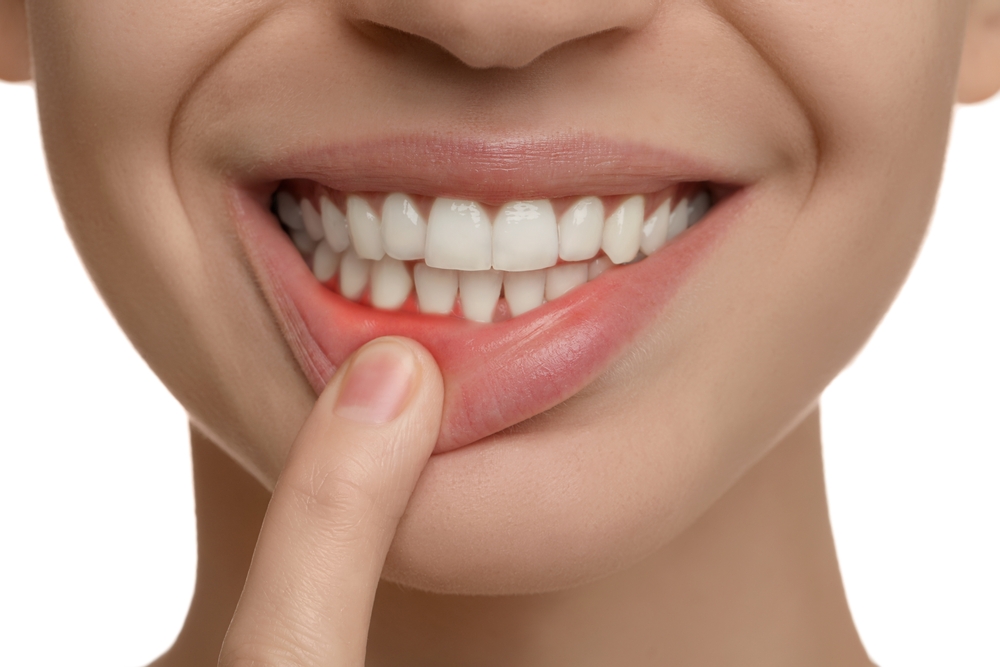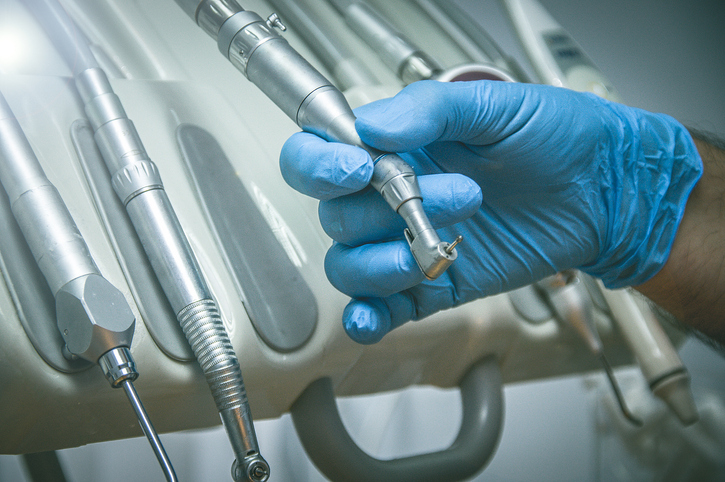Category: Preventative Dentistry
Treating Tooth Decay Under Dental Bridge in Wyoming
Yes, you can get decay under a dental bridge. But it’s very treatable if caught early. Dental bridges are less costly than implants and more permanent than dentures, and they offer an affordable and durable solution to recreate a lost tooth or teeth. As the name suggests, bridges fill the gap where your teeth are…
What Does a Cavity Look Like?
You probably know how a cavity feels. But do you know what it looks like in your mouth? You may have heard that the physical symptoms of a cavity include a dull, throbbing toothache or sudden jolt of pain. Your tooth may also feel sensitive to hot and cold. But do you know what a…
When is Gum Disease Surgery Necessary?
Gum disease advances through stages. Learn when you may need surgery and how to prevent gum disease from reaching that stage. Gum disease is a common oral condition among American adults. According to the Centers for Disease Control and Prevention, nearly 50 percent of people over age 30 show signs of poor gingival health. Yet…
Where Can I Get Periodontal Disease Treatment in Wyoming?
About half the adult population has some form of periodontal disease. But you can get it treated at Espire Dental in Wyoming. Do your gums bleed every time you brush and floss? When you bite down, do your teeth feel loose and painful? Are your gums “pulling away” from your teeth? Those are all signs…
Different Types of Underbite Correction Treatments in Wyoming
Does your lower jaw protrude over your upper jaw? You could have an underbite. But don’t worry, as it can be fixed with various underbite correction treatments. Your jaw structure has a significant impact on your oral health. If your upper and lower jaw is correctly aligned, your upper teeth should extend only slightly over…
What is Black Tartar?
Are your teeth looking a bit dingy lately? It could be due to black tartar. A sticky buildup of plaque can lead to tooth decay and gum disease. But it can also develop into tartar, a hardened substance tough to remove. While tartar, also known as calculus, typically has a yellowish or clear color, it…
Can You Dissolve Tartar?
Removing tartar is not a DIY project! Only a dental hygienist can safely do it. Tartar is one of the most harmful materials that can form on your teeth. Also known as dental calculus, tartar can lead to tooth decay and gum disease. So removing tartar is essential to keeping your teeth and gums healthy.…
Why Did My Root Canal Symptoms Return?
You had a root canal not too long ago. So why does your tooth still hurt? Dentists perform 15 million root canals each year. Every one of those treatments brought relief to patients suffering from the excruciating pain of a severely decayed tooth. But what happens if you’ve undergone a root canal but experience the…
Is Tooth Drilling Necessary In Dental Treatment?
If you want to get rid of a cavity, you will need to have the tooth drilled. But you have nothing to fear! Dentists use a lot of instruments to treat tooth decay and gum disease. But perhaps the one that causes the most anxiety in patients is the dental drill. Understandably, the mere thought…
What is Pulp Capping?
Never heard of pulp capping? Now you’ll know what it is. Perhaps your dentist has recommended you undergo a pulp capping to treat a decayed tooth, but you’re unfamiliar with that term. Good news — we’re here to help! Pulp capping is a common dental technique that can save your natural tooth from further decay.…











